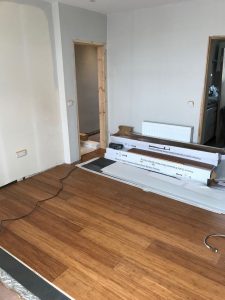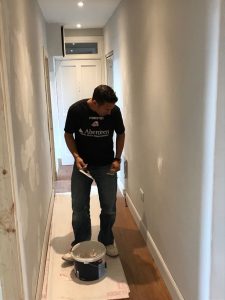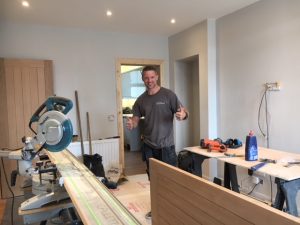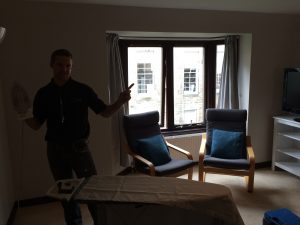This week I’m trying something a little different with the weekly post by curating a selection of handpicked news type insights that I’ve read and found particularly interesting.
STUDENTS CAN BUY PROPERTY WITH 100% MORTGAGE
Bath and Loughborough building societies are allowing students to borrow up to £300,000 on a 100% mortgage, with no deposit needed.
-Students can borrow in their own name but parents/grandparents must act as guarantors
*will also benefit from first-time buyer stamp duty relief
*Students could also buy in joint names with their relatives but the stamp duty relief would be lost in this instance
Other restrictions include:
*Students must have 2 years remaining on their course
*The property must be within 10 miles of the uni
*Bath Building Society stipulates that only 3 people can live in the property, Loughborough allows 4
*Loughborough will not lend on London property because of the danger of depreciation and also won’t lend on former council flats in any location
*These Buy-For-Uni deals only last as long as the borrower is studying, after that they need to remortgage ie to a standard Buy-to-Let mortgage and the parents will continue to act as guarantors if the graduate’s income doesn’t meet affordability rules
I thought this provides a really exciting opportunity for anyone at uni now, or if you have older kids/relatives about to start uni. What a great way for an 18-20 year old to get a first property investment and start generating some income. For the creative out there this will no doubt spur some JV deals with nephews, nieces, cousins, etc.
THE RIPPLE EFFECT OF LEGISLATIVE CHANGES ON BTL LANDLORDS
Upad, the online letting agent, conducted some research to analyse whether landlords are deciding to sell their buy-to-let properties or keep them due to the changes in property legislation. Here’s a summary of their findings:
*With some properties leaving the BTL stock and some remaining, it’s creating the perfect storm for increases in rent. Market trends show a reduction in rental stock and landlords starting to benefit from increased rental demand. Meanwhile the ongoing challenges facing first time buyers means the rental pool is increasing.
*Landlords looking to keep their BTL properties are seeking to protect their margins through the following methods:
-making changes to their tax planning
-considering whether putting their portfolio into a limited company would be more profitable
-moving towards a self-managing model
*The potential tenant fees ban will likely lead to more increases in rents
*Some landlords who originally got into property for long term capital gain, are choosing sell now anyway rather than absorb a cut in cash flow
LEGISLATION CHANGES FOR HMOs & TENANCIES (ENGLAND)
RLA (Residential Landlords Association) research indicates that there could be as many as 177,000 HMO’s becoming subject to mandatory licensing in England. Beginning October this year, HMO legislation changes include:
*A property occupied by five or more individuals forming two or more households will become licensable, irrespective of the number of floors in the property
*Minimum room sizes will be 10.22SQM for a double and 6.51 SQM for a single
*There will be mandatory requirements to meet council refuse schemes to ensure HMO’s have adequate waste management facilities
The potential introduction of three-year tenancies (England):
*The student accommodation sector may be exempt from this
*The proposal would only allow landlords to increase rents once a year to reflect interest rate changes
*Something similar is already in place in Scotland
*The proposal does not have a repossession clause meaning lenders might see the BTL sector as higher risk (ie in the case of repayment default, they couldn’t repossess the property for three years), this may lead to even higher interest rates on BTL mortgages.
CONSTRUCTION MARKET NEWS
Here are a few interesting snippets from economic and construction reports:
*In regards to residential construction activity, the Yorkshire and Humber area is the hottest region for growth since summer 2017 with a year on year increase of 6%
*In terms of construction activity serving the education sector, Scotland has shown the biggest growth since July 2017 with an increase of 18%
*Industrial (ie warehouses, storage etc) construction across the UK has increased the most in the West Midlands since last July, a massive jump of 34%
*London tops the tables for the biggest growth in Hotel & Leisure related construction (up 17% on last July). A large contributor to this is the former American Embassy in Grosvenor Square that will be converted into a 7 storey, 137 bedroom hotel.
MEANWHILE, AT OUR PROPERTY REFURB…
Attached are a few pics showing some progress from this week
*Chris laid the smart bamboo flooring in the lounge, kitchen and hall
*I got involved with a bit of wall filling in preparation for paint
*Chris’ eldest daughter helped paint the bedroom feature walls
*Chris tackled tiling and door hanging with squint/curved walls and doorways – very challenging but if anyone can do that neatly its Chris, top job.




Have a great week ahead














